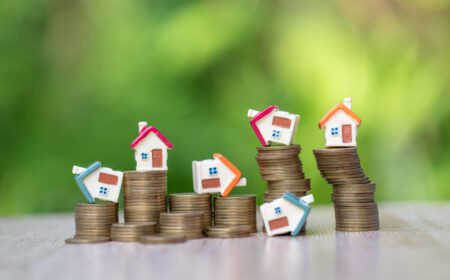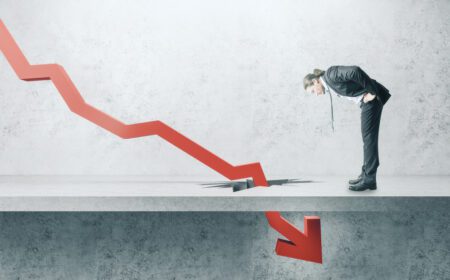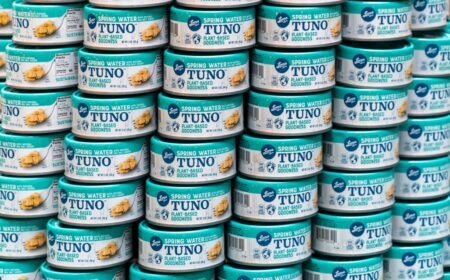Free market

A free market is a free model in the global economy that works based on supply and demand and is not regulated by the government.
If a free market stands on one end of a spectrum, then its polar opposite is command (sometimes referred to also as planned) economy. In the case of the latter, the entirety of production and economic activity is controlled by a central authority, i.e. a government.
In contrast, the free market represents a laissez-faire approach, where businesses are owned by individuals and their production output and price are determined by the market forces of supply and demand.
Characteristics of a free market
- Resources are privately owned – as opposed to command economies, resources are owned by individuals that can trade with them and distribute them among themselves
- Efficient financial markets – financial institutions exist with the purpose of organising and improving the efficiency of market transactions, thus the presence of a thriving financial system alludes to a liquid and active market
- Freedom to participate – in a free market there are no barriers to entry, as the decisions related to the production or consumption of goods and services are up to the individual
Benefits of the free market
- Innovation – due to the fact that free markets are driven by competition, businesses are motivated to persistently innovate in order to offer the best product
- Customer-centric approach – due to the fact that consumers dictate the demand for a product, the companies are motivated to tailor their products to the needs of the consumer
Drawbacks of a free market
- Profit maximisation – the main business objective is to maximise profit, therefore they can neglect the wellbeing of their employees or potential ecological risks, just to decrease production costs
- Market failures – examples include the financial crisis of 2008 or the great depression, where market forces spin out of control.









